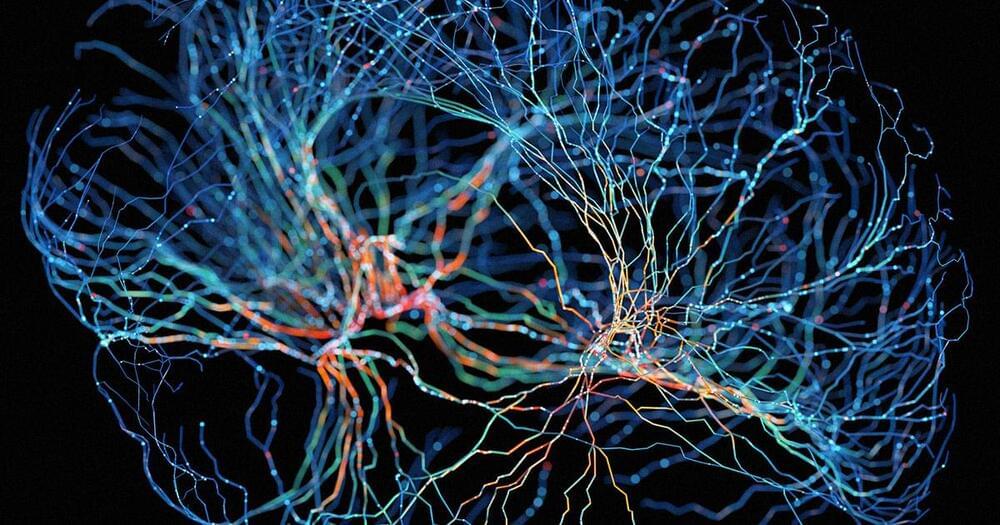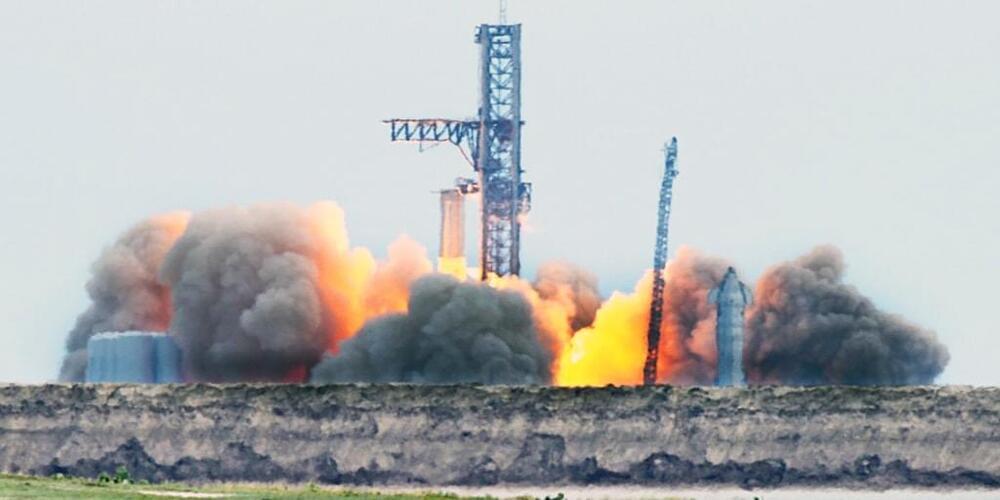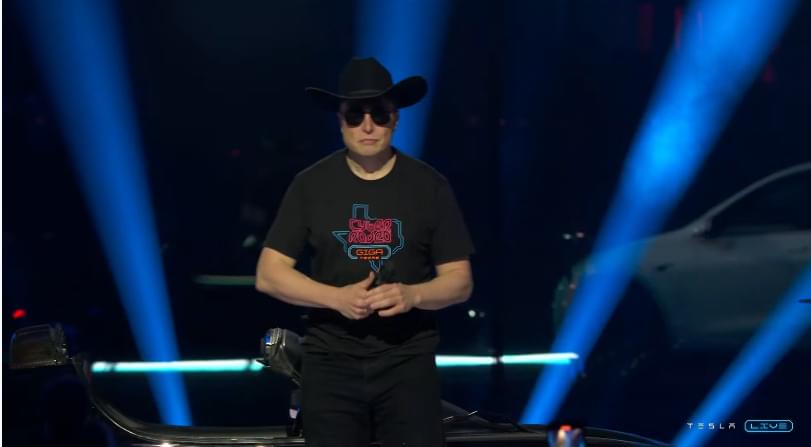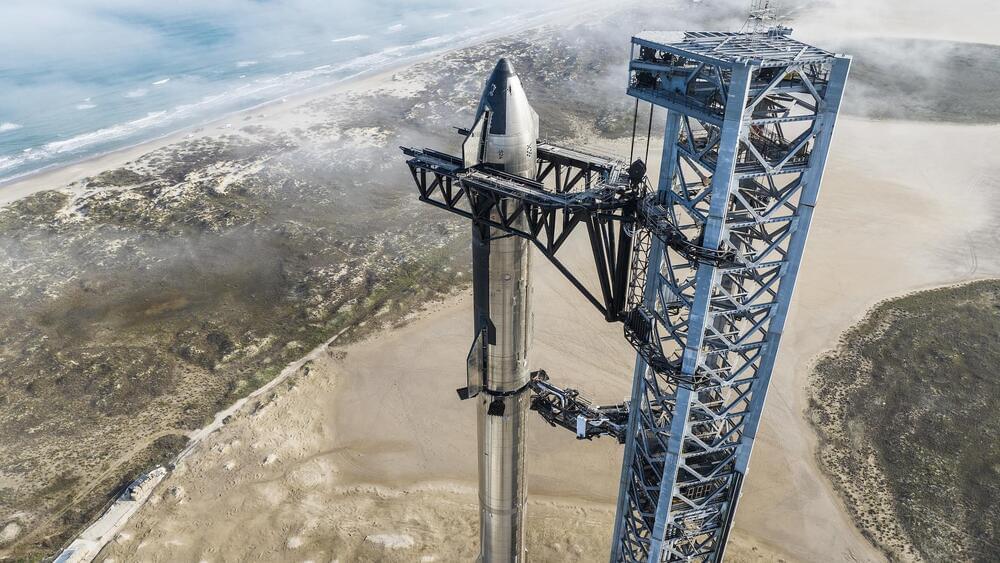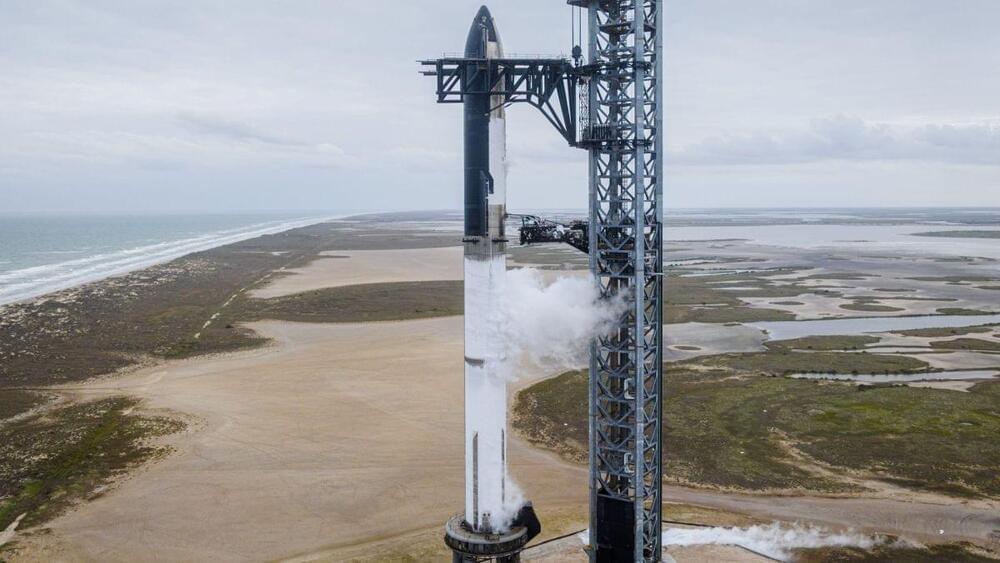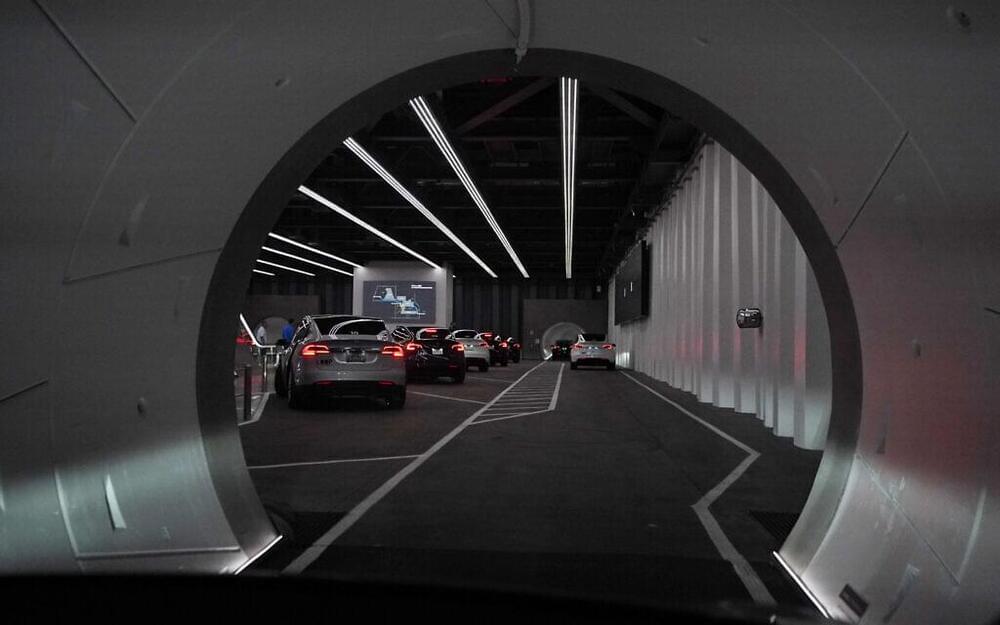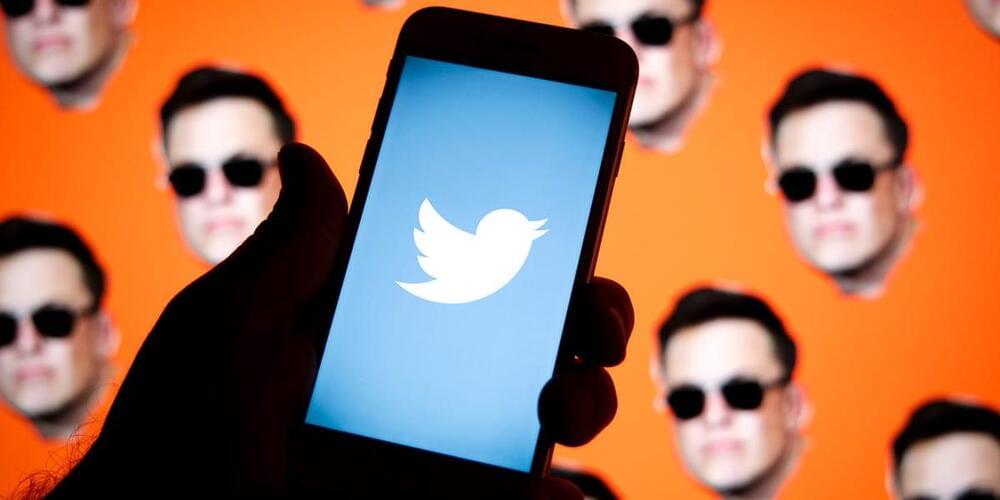Artificial Superintelligence or short, ASI, also known as digital superintelligence is the advent of a hypothetical agent that possesses intelligence far surpassing that of the smartest and most gifted human minds.
If we as a species manage not to destroy ourselves up until the advent of true artificial general intelligence, the moment of the next phase for our survival in a post AGI world, will be even more paramount.
The consensus among AI experts is that the time it takes to go from AGI or artificial general intelligence to ASI or artificial superintelligence, is exceptionally shorter than the time it takes to achieve AGI from current narrow artificial intelligence systems.
So we really have only one try to make it right.
Philosopher Nick Bostrom has expressed concern about the advent of ASI. He thinks artificial superintelligence may pose the biggest existential threat to humanity.
Besides Nick Bostrom, other well known public thinkers that are concerned about ASI include Elon Musk.
